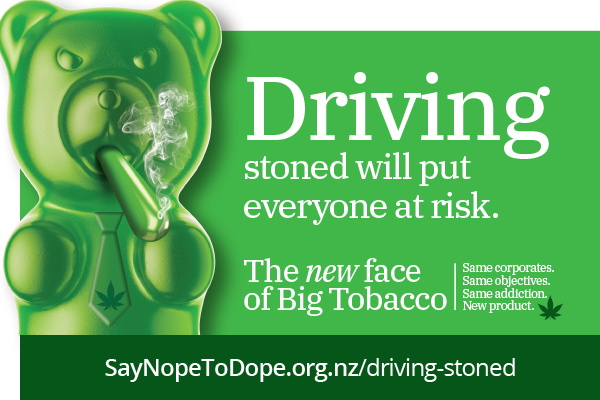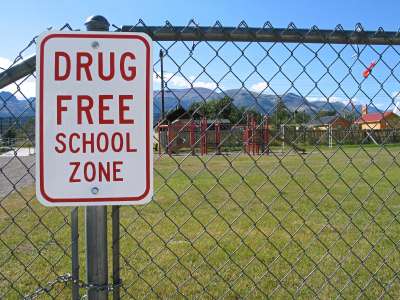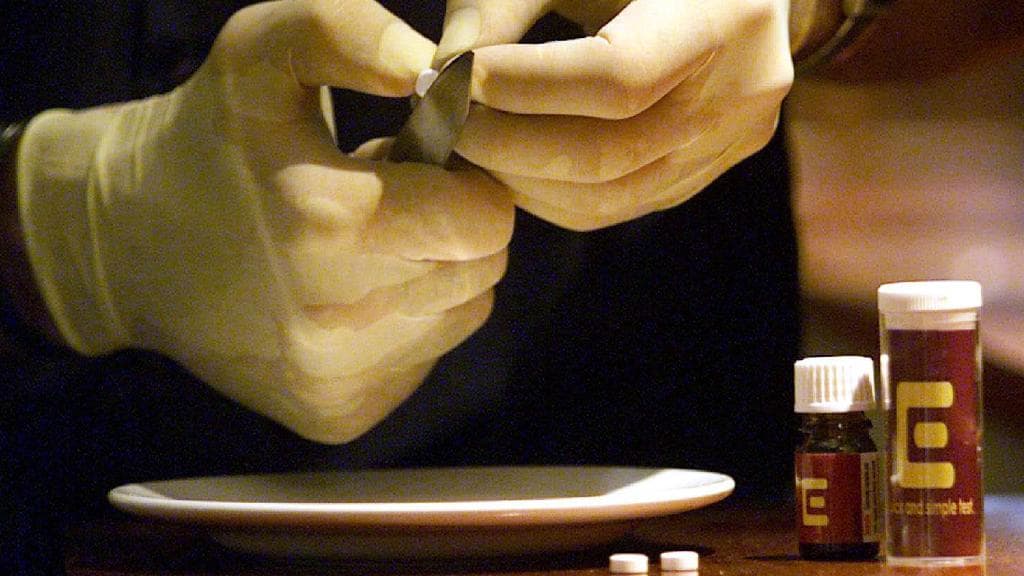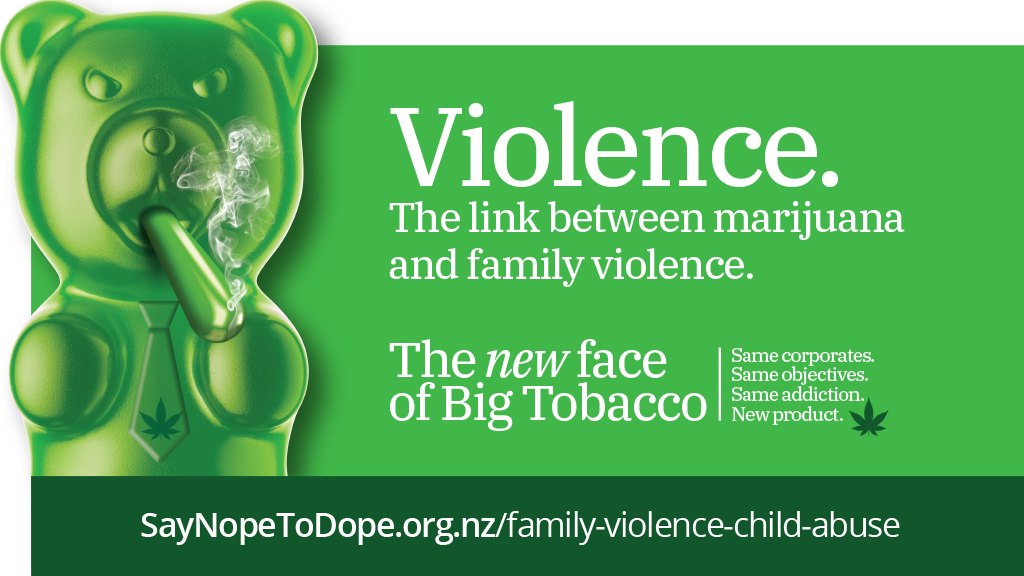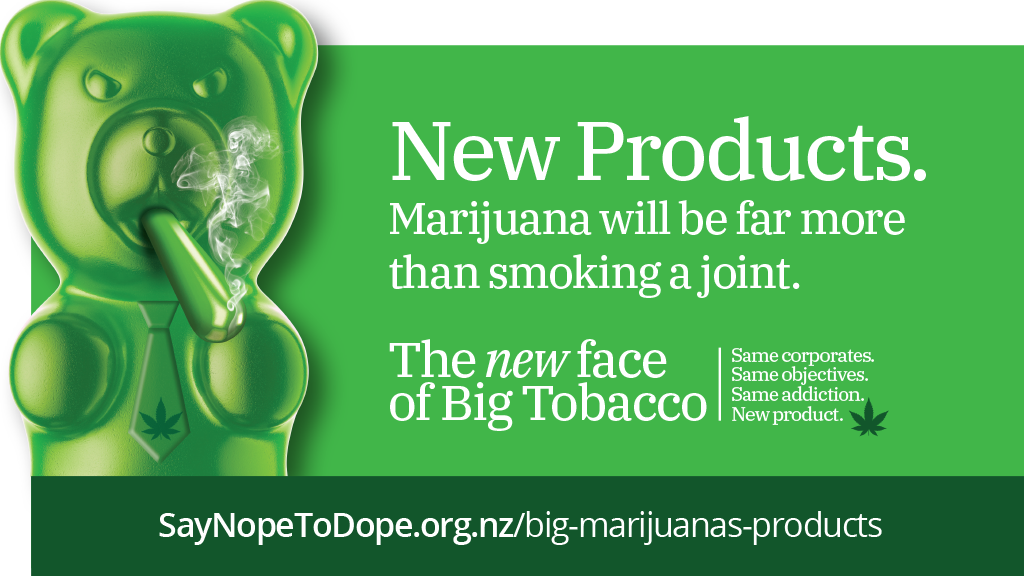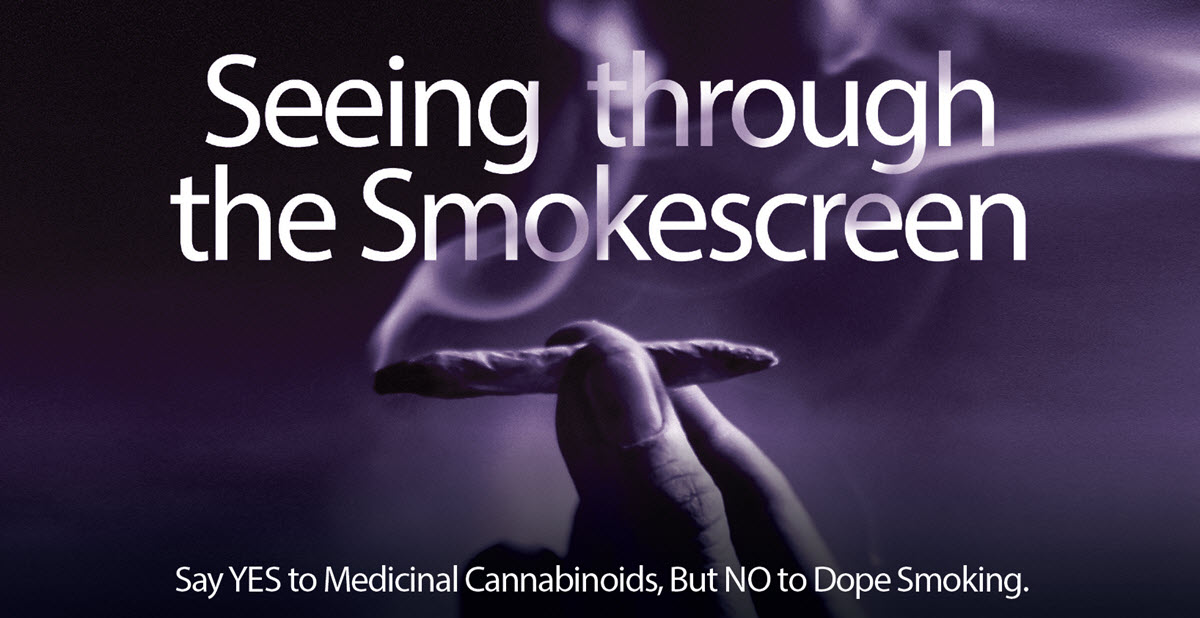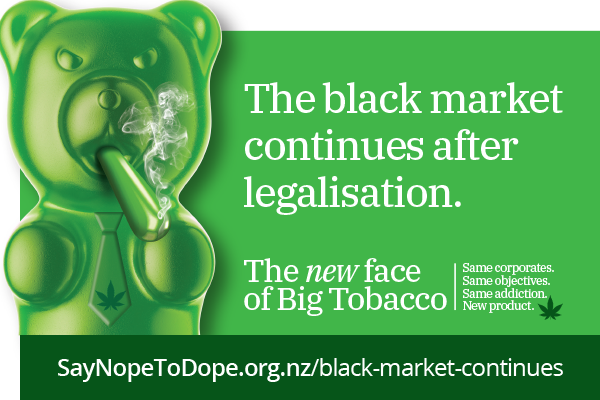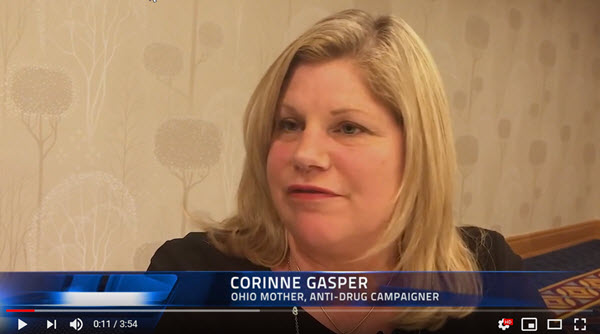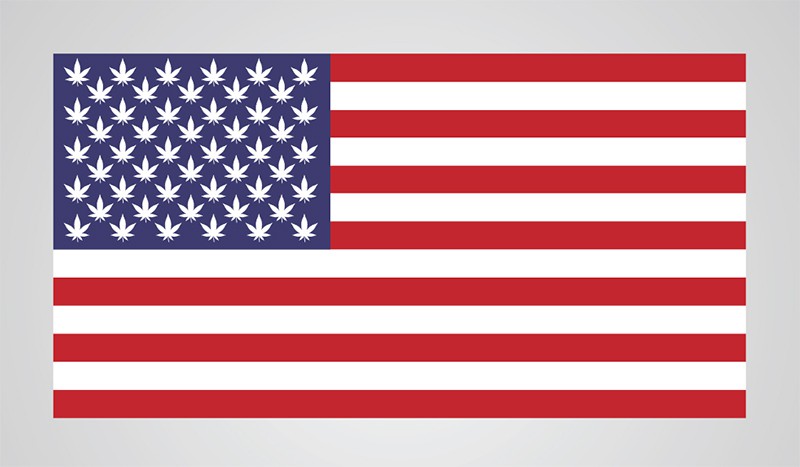
Media Release – Smart Approaches to Marijuana (SAM) 24 July 2019
California Senator Kamala Harris and New York Representative Jerrold Nadler introduced the Marijuana Opportunity Reinvestment and Expungement Act, a bill to federally legalize, commercialize, and tax the use of marijuana. In response, Dr. Kevin Sabet, president of Smart Approaches to Marijuana (SAM) and a former senior drug policy advisor to the Obama Administration, released the following statement:
“To be clear, this bill is not a decriminalization bill. This is a bill to legalize the sale of addictive, high potency marijuana candies, gummies, ice creams, soda, waxes, dabs, and concentrates nationwide. It is irresponsible to confuse these two different policies. It is possible to directly address social justice without giving the green light to the marijuana industry to morph into the second coming of Big Tobacco overnight.
“Expunging previous records is commendable, but it is counterproductive to pair that with the commercialization of marijuana that has led to very real negative impacts in the handful of states that have chosen to legalize the drug. Being from California, Senator Harris must know that just last week, her state admitted it has failed to regulate the marijuana industry. Additionally, New York State lawmakers recently rejected marijuana legalization thanks to efforts from SAM-affiliate, SAM-New York. Representative Nadler should follow the example of his fellow New Yorkers.
“This bill seeks to achieve some form of social justice, but as we have pointed out, encouraging drug use in disadvantaged communities is in fact a social injustice. In Denver, there are more pot shops than McDonald’s and Starbucks combined and they are disproportionately located in low income and minority communities. What’s more, less than one percent of the marijuana industry is minority-owned. The individuals most harmed by previous drug laws are not the ones benefited by commercialization. Instead, wealthy investors are the ones laughing all the way to the bank.
“States that have commercialized marijuana have experienced increased drugged driving deaths, thriving black markets, super potent products in kid-friendly packaging, and rising mental health concerns. Expanding these experiences on the national level is not the way forward for our country.”
https://learnaboutsam.org/senator-harris-and-representative-nadler-put-pot-industry-interests-over-public-health-and-safety/


